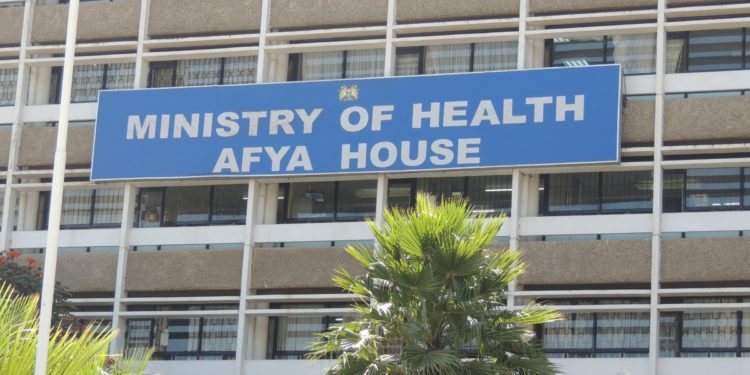Kenya is set to host a significant event that could shape the future of healthcare financing in the country and across the African continent. The High-Level Health Financing Summit will be held in Nairobi between July 3 and 5, bringing together the Ministry of Health, the Council of Governors, and representatives from other key stakeholders such as USAID, UNAID, and the African Union to discuss strategies and solutions for achieving universal healthcare and ensuring sustainable financing mechanisms. This will be the third summit in Africa, with similar dialogues held in Malawi and Zambia. With healthcare being a critical sector for economic development and social welfare, the summit aims to address the challenges and explore innovative approaches to improving access to quality healthcare services in Kenya.
Read more: Innovation As A Driver Of Healthcare Development In Africa
In the Kenyan budget 2023–2024, the health sector was allocated Shs. 141.2 billion, with the Medical Services Department getting shs. 116 billion and Public Health Standards receiving shs. 24.6 billion. This allocation falls short of the 15 percent of the annual national budget agreed upon in the Abuja declaration. As such, Kenya needs to make the most of its health budget allocation, and the national dialogue on health financing presents an opportunity for Kenya to learn from global industry experts.
Read more: FY2023/2024 Key Sectors Budget Allocations
The summit will be centred around several key themes, including sustainable health financing models, strengthening health systems, public-private partnerships, and leveraging technology for healthcare delivery. The forum will allow participants to engage in insightful discussions, sharing their experiences and expertise to foster collaborative efforts towards achieving universal healthcare. By providing a platform for policymakers to learn from successful healthcare financing models implemented in other countries, local stakeholders can adapt them to the Kenyan context and devise tailored strategies to overcome local challenges.
Read more: How Poor Health Affects The Economy Of A Country
One of the key items that should be considered is the role of public-private partnerships (PPPs) in transforming healthcare delivery. Recognizing the importance of collaboration between the public and private sectors, stakeholders can explore ways to leverage the expertise and resources of both sectors to enhance service provision, improve infrastructure, and promote innovation in the healthcare ecosystem. Such partnerships have the potential to drive efficiency, reduce costs, and ensure sustainable financing for healthcare initiatives.
Another crucial aspect to be discussed during the summit is the integration of technology in healthcare. Digital health solutions have transformative power in expanding access to healthcare services, particularly in remote and underserved areas. The adoption of telemedicine, mobile health applications, and electronic health records can facilitate efficient healthcare delivery, improve patient outcomes, and enhance healthcare financing through data-driven decision-making.
The High-Level Health Financing Summit in Kenya serves as a platform for diverse stakeholders to come together and chart a path towards achieving universal healthcare. Kenya can leverage robust discussions and knowledge exchange to make the most of its health budget allocation through sustainable health financing models, public-private partnerships, and technology-enabled healthcare solutions.
Email your news TIPS to editor@thesharpdaily.com
















